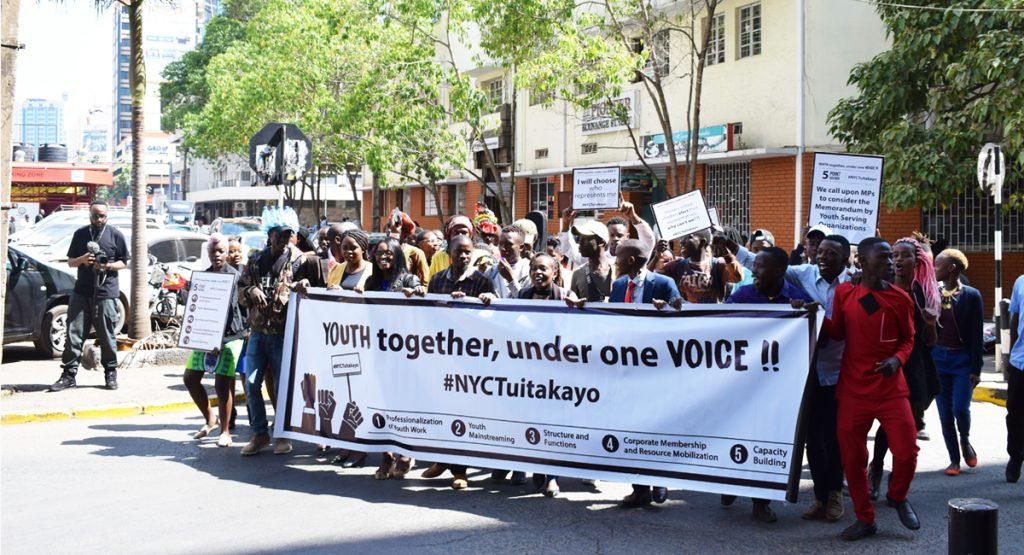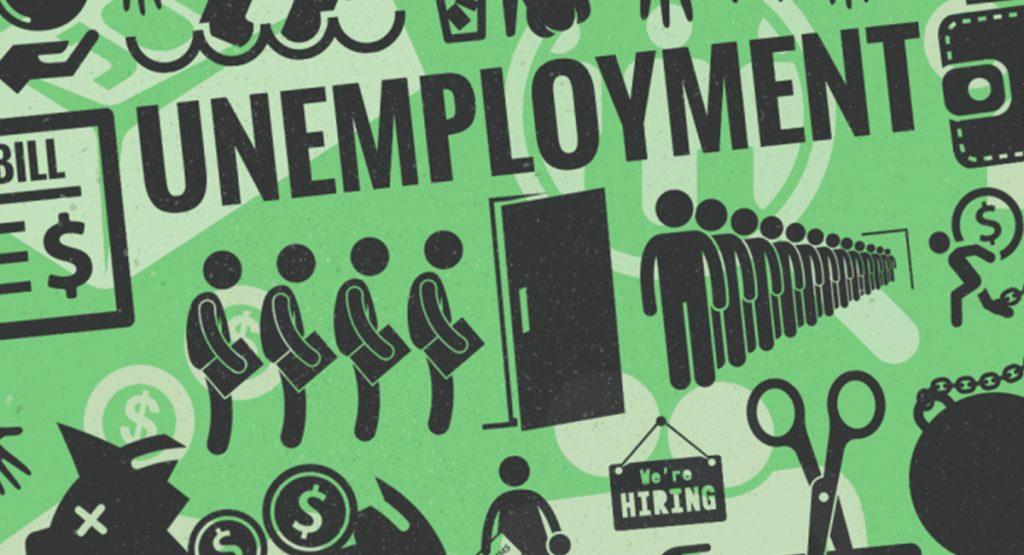The National Youth Council Act of 2009 establishes the National Youth Council (NYC) in law. The Council comprises several members from the Ministry in charge of youth affairs, and eight youths elected by the youth in a formal set-up. The purpose of the National Youth Council is to give a voice to the youth of Kenya in a bid to have an inclusive body in the political, social and economic matters affecting the country.
A Bill, the National Youth Council Amendment Bill (2019) was introduced to Parliament to amend some provisions of the NYC, Act. Among other proposals, the Bill proposes changing the format of membership of the Council. NYC comprises 8 youths elected by the youth. The Bill proposes to change this set-up to 9 youths nominated by the Cabinet Secretary. This proposal, if passed, will undermine democracy within the Council, limiting the voice and participation of the Youth in governmental affairs.
The proposed composition of membership of NYC will curtail the very essence of the Council. The Council as is, promotes independent participation of the youth in the Council. Having the members nominated by the Executive, rather than elected by the public, undermines the independence of the youth members and that of the Council as a whole.
In a number of the most democratic countries, the members of youth councils or the equivalent entity, are elected by other youth democratically and voluntarily. The Norwegian Children and Youth Council for example, has its members elected by members of other youth organizations. The Commonwealth Youth Council also has its executive members elected by other youth.
Why then, would the Kenyan Parliament propose nomination of youth members into the Council by the Executive? Is there foul play? Do they have malicious intentions? The most probable answer would be that Parliament, through the Executive, wants to have a hand in the affairs of NYC. They intend to suppress the democratic factor of the Council, thus limiting the functions of the Council.
Should the proposed amendment go through, then the Youth of the country may no longer count on the Council to carry their concerns independently. Further, the Youth will not have confidence in the affairs of the Council and will generally doubt their integrity.
There is a general feeling of loss of confidence on the government’s focus on youth affairs in the country. Allowing the government further control on youth affairs will be therefore undesirable and will extinguish the youth’s hope on making a difference in the country’s affairs. It is therefore imminent and important that Parliament does not consider the controversial clause on changing the NYC, but rather leave it as it is.
By Anita Otieno



